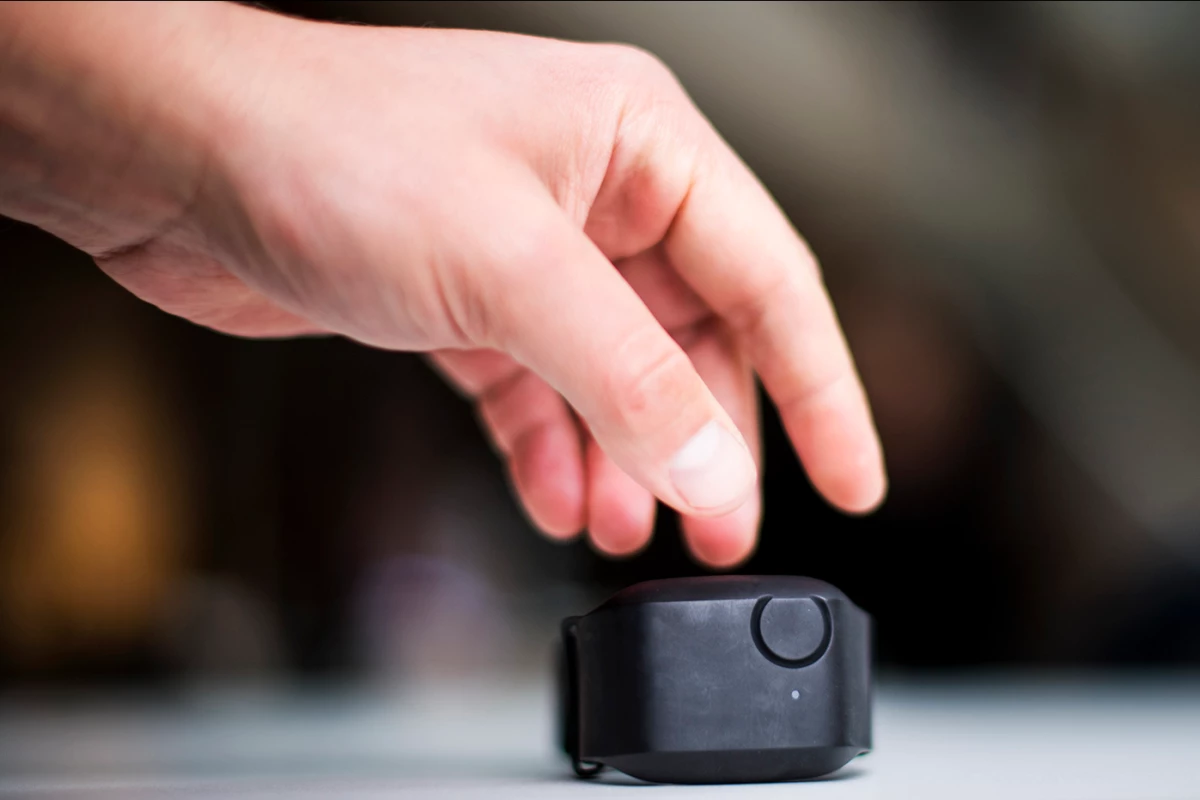Sudden bouts of aggressive behavior can be an unfortunate reality of autism spectrum disorder, and caretakers need all the help they can get to minimize the harm they can bring. Scientists have developed a new monitoring device that can predict these outbursts up to a minute in advance, creating a new window of opportunity to not just prepare ahead of time, but maybe negate them altogether.
When feeling overwhelmed, people suffering from autism can often have trouble articulating the reasons behind their stress. These feelings can manifest in sudden bouts of verbal and physical aggression, posing a danger to themselves and others in the vicinity.
But one way caretakers may be able to gain a heads up is through physiological indicators of stress. Matthew Goodwin is a behavioral scientist at Northeastern University and has been looking into these possibilities, hoping to leverage the higher resting stress levels of autism sufferers to predict outbursts ahead of time.
“Their arousal levels are already at the ceiling,” he explains. “It takes very little to cross the tipping point.”

Goodwin led the development of a small, wearable device kitted out with sensors for monitoring markers of stress such as heart rate, sweat production, skin surface temperature and arm movements. To investigate its effectiveness, Goodwin and his team drew up an experiment involving 20 children with autism who are prone to aggressive outbursts.
The children were made to wear the monitoring the device over a period of 87 hours, with the researchers matching up certain bodily changes with the timing of the aggressive episodes. With the data gathered on the 20 subjects throughout this exercise, the scientists say they can now predict an aggressive outburst one minute in advance with 84 percent accuracy, based on the subject’s physiological changes.
This sort of technology could be life-changing for those affected by autism. As Goodwin explains, unexpected bouts of aggressive behavior can make enjoying regular activities a difficult undertaking, but the ability to prepare, even if it is just with a minute’s notice, could make things far more manageable.
“Families with children who act aggressively tell us that they don’t know what causes these outbursts, and they’re fearful it could happen anytime, so they self-impose house arrest,” Goodwin says. “They don’t go to the movies. They don’t go to the grocery store with their kids. They don’t go to parks.”
And he is hopeful on improving the performance of the device, with another study in the works involving 240 autism sufferers with aggressive tendencies. With more data on hand and improved machine learning algorithms, Goodwin says the the 60-second warning time could be increased.
“If we could give caregivers advance notice, it would prevent them from getting caught off guard and potentially allow them to relax the individual and make sure everyone in the environment is safe,” Goodwin says.
Source: Northeastern University




